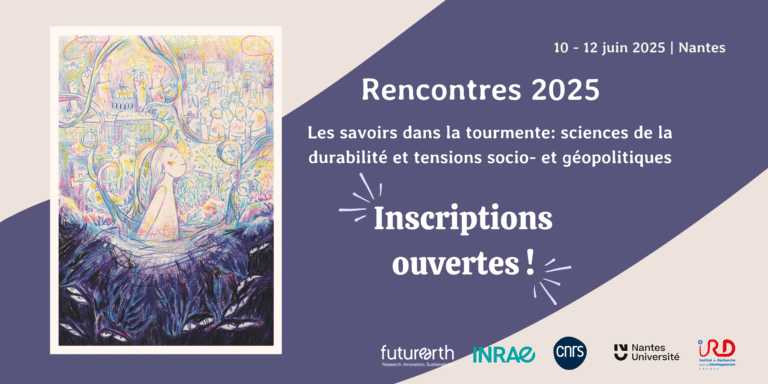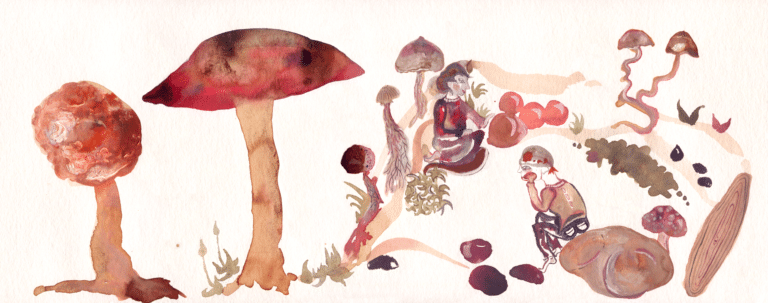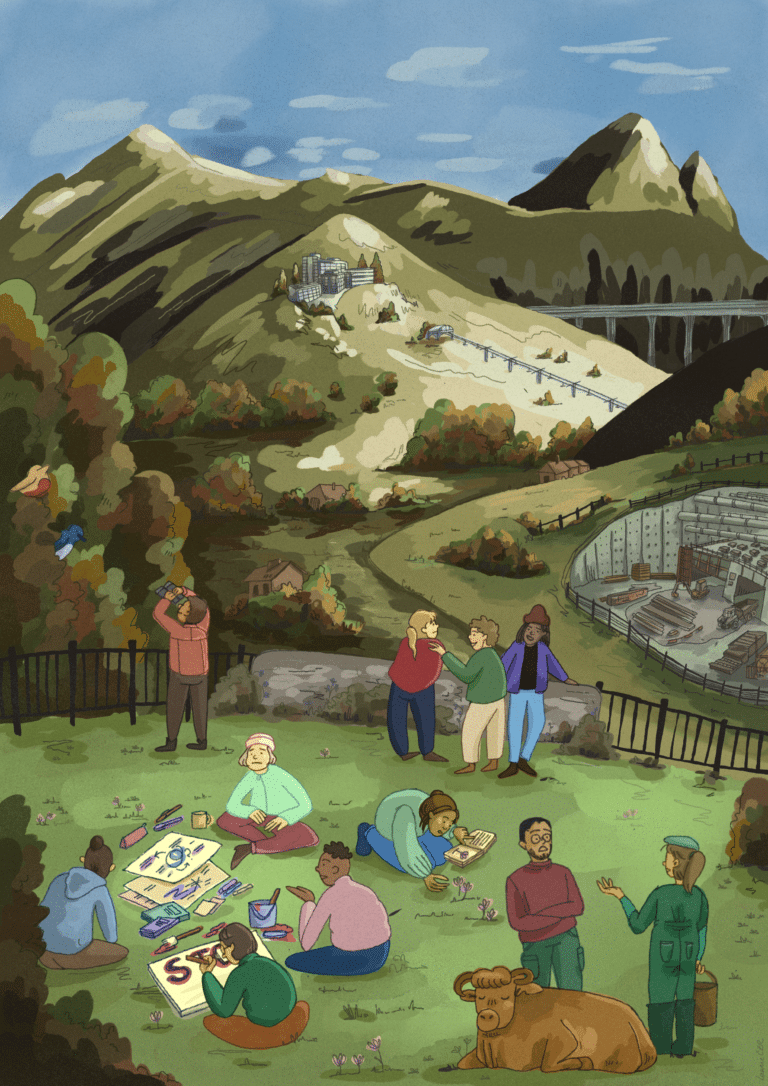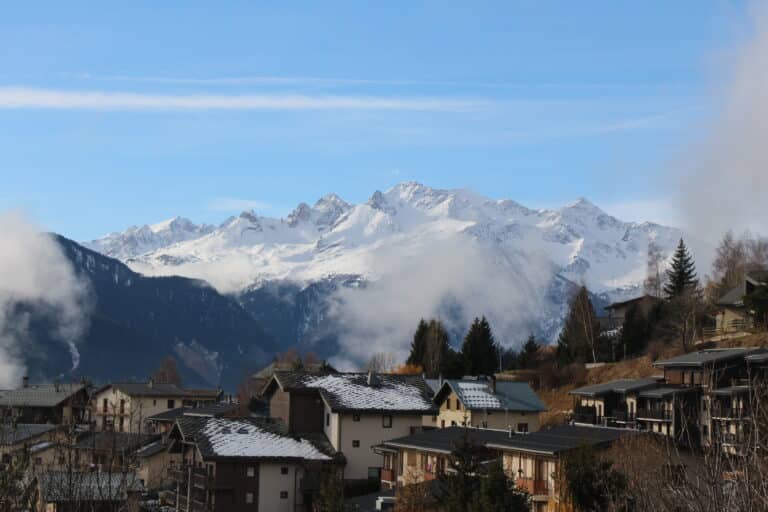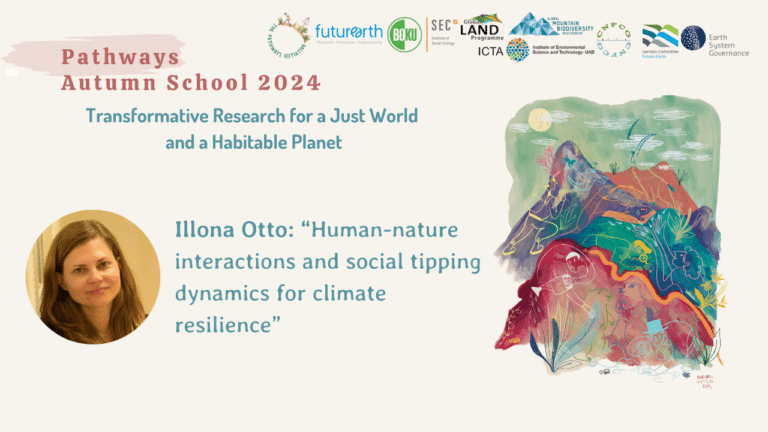This week, in preparation for the third pilot workshop of Future Earth’s Science-Based Pathways for Sustainability initiative, three Sciences Po students visited the Iroise Marine Natural Park (photo below) in Brittany (France). The main focus of the upcoming workshop (September 2020) is to discuss the pathway(s) towards reaching the implementation of Marine Protected Area (MPA) in 30% of France’s Exclusive Economic Zone by 2030. Conducting fieldwork in an established MPA, representative of the diversity of actors, was essential to grasp the stakes of this objective.
As part of a convention with Sciences Po, a group of five students* has been working with the Future Earth Secretariat since November 2019 to help prepare the workshop. Three of them, Cyrielle Goldberg, Mathilde Mousson, and Ulysse Robach had the opportunity to attend the Marine Natural Park’s management council, on 6 February 2020. Following the meeting, they conducted multiple interviews involving the park directorship, fishermen, local environmental NGOs, marine scientists, and elected representatives from national and regional bodies. Collecting the diverse points of views on the park’s implementation and governance strategy was necessary to gain comprehensive knowledge for this case study. Their three-day stay at the coastal village of Le Conquet (Brittany) allowed them to reflect on the UN’s Sustainable Development Goals (SDGs) through the lens of ocean environmental protection. They learned about the park’s creation and the challenges it faced in conciliating various interests. Identifying obstacles was also a key feature of their enterprise, as the workshop is bound to concentrate on the practical feasibility of the objective for 2030.
The semi-direct interviews gave the respondents the opportunity to express their views on a large scope of topics. Amongst others, climate change adaptation and mitigation, fishing practices, pollution, and surveillance were recurring issues. The field mission significantly helped with identifying interactions between apparently isolated sectors – such as agriculture and education – and MPA’s governance, reflecting the grand challenge of implementing the SDGs as a cohesive unit. Back in Paris, the students are continuing their research through additional interviews and literature to further explore the role of MPA in enhancing ocean sustainability.
The workshop will take place in September 2020 and is currently being prepared by a Science Committee comprised of Victor Brun (CRIOBE, Sulubaai Environmental Foundation), Philippe Cury (Directeur de recherche, IRD), Françoise Gaill (Conseiller scientifique au CNRS & Vice-President Plateforme Océan Climat), Thomas Lamy (Marine Science Institute, University of California Santa Barbara et Centre d’Écologie Fonctionnelle et Évolutive), Pascal J. Lopez (CNRS-BOREA), Marie-Alexandrine Sicre (CNRS-LOCEAN).

*The collective project is made of five Master’s students from Sciences Po, including Anthony Celli, Morgane Fouillen, Cyrielle Goldberg, Mathilde Mousson and Ulysse Robach.
